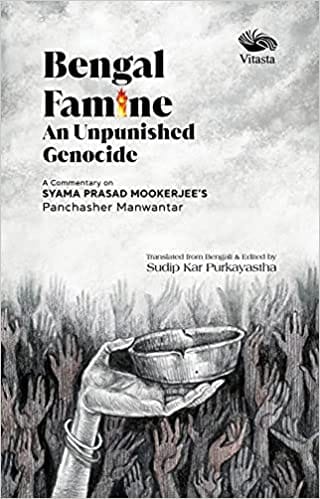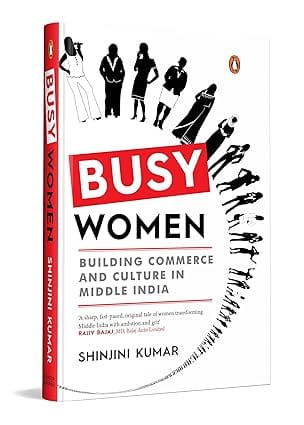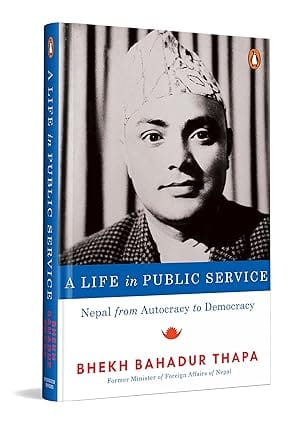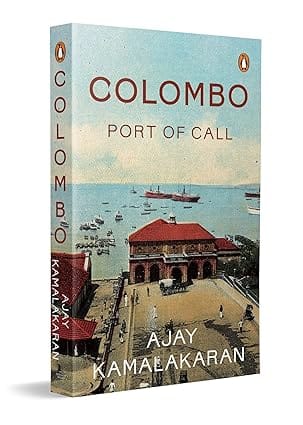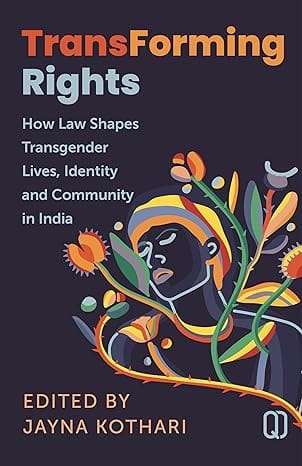- Non-ficton
- Non-ficton
- Contemporary Fiction
- Contemporary Fiction
- Children
- Children
- Comics & Graphic Novels
- Comics & Graphic Novels
- Non-Fiction
- Non-Fiction
- Fiction
- Fiction
This book is a commentary on the 1944 book Panchasher Manwantar by Syama Prasad Mookerjee, a political stalwart of the time. In his book, Syama Prasad argues that the famine of 1943-44 that is said to have caused the death and displacement of three million people, tearing apart Bengal’s social and economic fabric, was a man-made disaster. The acute food shortage was deliberately created by the Churchill government to punish a rebellious, militant Bengal. The colonial government adopted a ‘scorched-earth’ policy, burned the boats that carried grain, promulgated an anti-hoarding act that prevented farmers and householders from keeping even small buffer stocks, while hoarding by private lobbies was allowed resulting in huge cost rise. This policy was actively supported by the communal practices of the local Muslim League government. Translator Sudip Kar Purkayastha believes this to be a deliberately crafted and ruthlessly implemented policy that resulted in a GENOCIDE of Bengalis and notes that its perpetrators have not yet been called to account.
About the Author
- Home
- Non-Fiction
- Bengal Famine: An Unpunished Genocide - A Commentary on Syama Prasad Mookerjee Panchasher Manwantar
Bengal Famine: An Unpunished Genocide - A Commentary on Syama Prasad Mookerjee Panchasher Manwantar
SIZE GUIDE
- ISBN: 9789390961023
- Author: Syama Prasad Mookerjee/Translator: Sudip Kar Purkayastha
- Publisher: Vitasta Publishing
- Pages: 284
- Format: Hardback
Book Description
This book is a commentary on the 1944 book Panchasher Manwantar by Syama Prasad Mookerjee, a political stalwart of the time. In his book, Syama Prasad argues that the famine of 1943-44 that is said to have caused the death and displacement of three million people, tearing apart Bengal’s social and economic fabric, was a man-made disaster. The acute food shortage was deliberately created by the Churchill government to punish a rebellious, militant Bengal. The colonial government adopted a ‘scorched-earth’ policy, burned the boats that carried grain, promulgated an anti-hoarding act that prevented farmers and householders from keeping even small buffer stocks, while hoarding by private lobbies was allowed resulting in huge cost rise. This policy was actively supported by the communal practices of the local Muslim League government. Translator Sudip Kar Purkayastha believes this to be a deliberately crafted and ruthlessly implemented policy that resulted in a GENOCIDE of Bengalis and notes that its perpetrators have not yet been called to account.
About the Author
User reviews
NEWSLETTER
Subscribe to get Email Updates!
Thanks for subscribing.
Your response has been recorded.

India's Iconic & Independent Book Store offering a vast selection of books across a variety of genres Since 1978.
"We Believe In The Power of Books" Our mission is to make books accessible to everyone, and to cultivate a culture of reading and learning. We strive to provide a wide range of books, from classic literature, sci-fi and fantasy, to graphic novels, biographies and self-help books, so that everyone can find something to read.
Whether you’re looking for your next great read, a gift for someone special, or just browsing, Midland is here to make your book-buying experience easy and enjoyable.
We are shipping pan India and across the world.
For Bulk Order / Corporate Gifting
 +91 9818282497 |
+91 9818282497 |  [email protected]
[email protected]
Click To Know More
QUICK LINKS
ADDRESS
Shop No.20, Aurobindo Palace Market, Near Church, New Delhi

